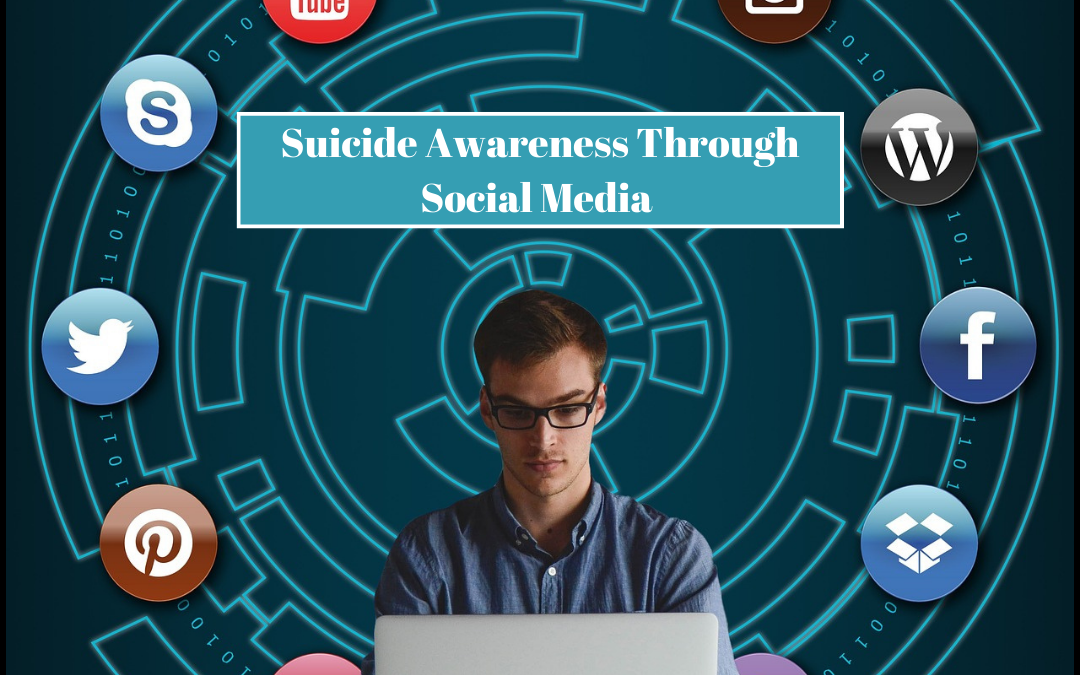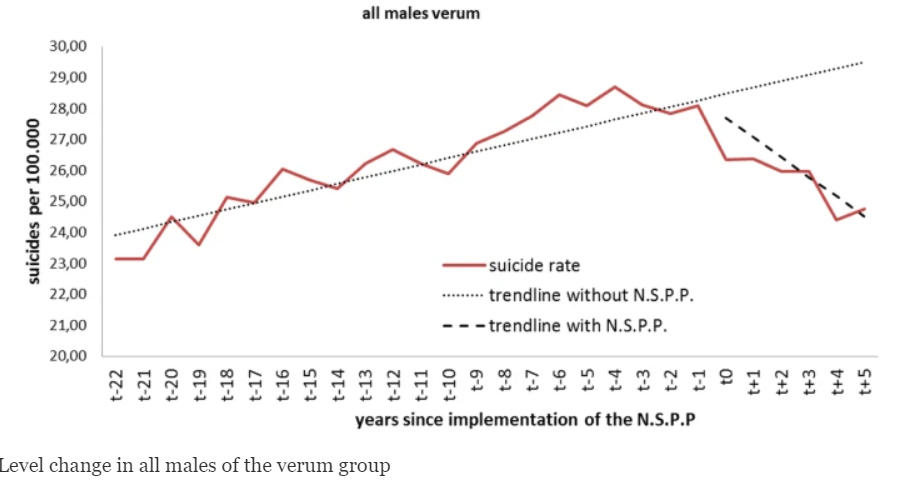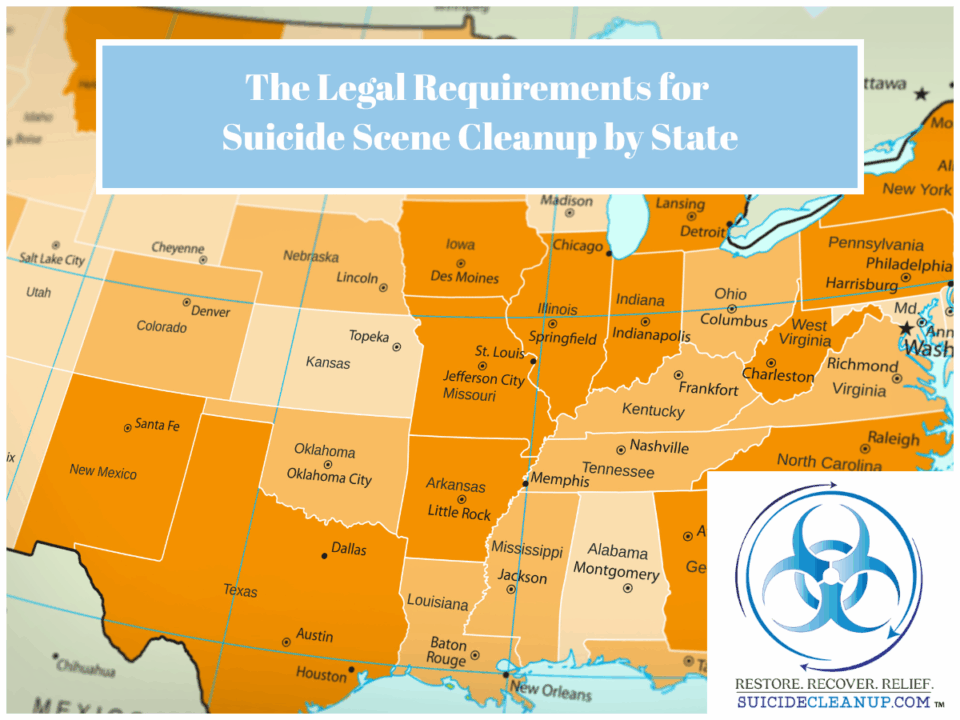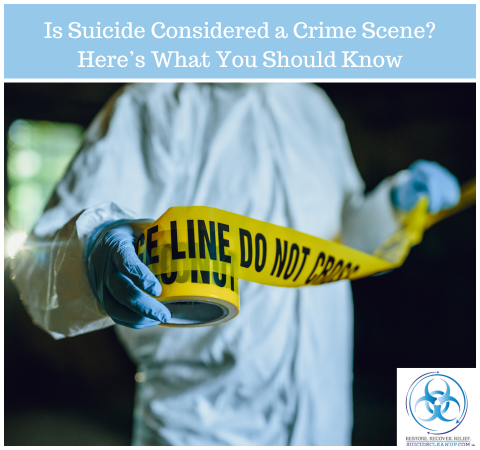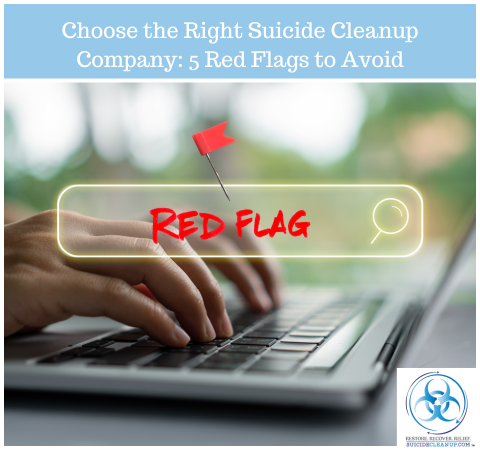
How to Love Someone With Emotional Trauma and Grief
September 30, 2023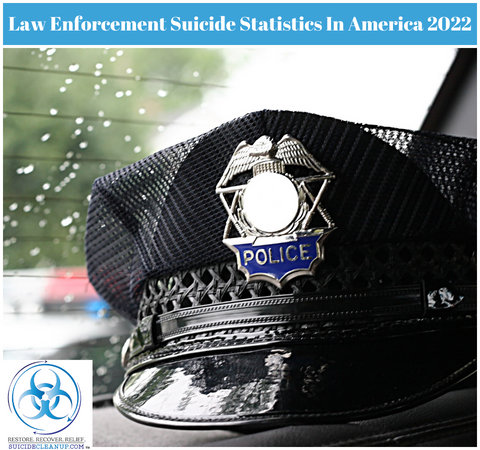
Law Enforcement Suicide Statistics In America 2022
November 14, 2023There’s a lot of talk these days about the negative impact of social media. Whether it is cyberbullying, Social Media addiction or peer pressure all of these things can effect one’s mental health and in some cases even lead to suicide. It is understandable how social media can have such an impact especially in school aged children where the need to fit in is at an all time high. But what if someone told you that this often demonized form of technology can also be used for good? That is what we are going to try to explore in this article, can social media play a role in suicide prevention and awareness?
The short answer is yes, social media can play a significant role in suicide prevention and awareness. While it’s important to approach this topic with sensitivity and responsibility, social media platforms can be valuable tools for raising awareness, providing support, and connecting individuals with resources to prevent suicide.
8 Ways Social Media Can Be Used For Suicide Prevention And Awareness
Here are some ways in which social media can contribute to suicide prevention and awareness:
- Awareness Campaigns: Social media allows organizations, mental health advocates, and individuals to launch awareness campaigns, share stories, and promote suicide prevention messages. Hashtags like #SuicidePrevention, #YouAreNotAlone, and #MentalHealthMatters can help spread awareness and encourage discussions.
- Crisis Helplines and Resources: Suicide prevention hotlines and crisis intervention services can utilize social media to promote their contact information and resources. Sharing phone numbers, chat services, and websites on social platforms ensures that individuals in crisis can easily access help.
- Education and Information: Social media is a powerful tool for sharing educational content about suicide, its warning signs, risk factors, and ways to help those in need. Infographics, videos, and articles can help dispel myths and provide accurate information.
- Support Communities: Online support groups and communities on platforms like Facebook, Reddit, or specialized mental health forums can offer a safe space for individuals to share their experiences, seek advice, and find support from others who have faced similar challenges.
- Personal Stories: Sharing personal stories of hope, recovery, and resilience can be inspiring and comforting for those struggling with suicidal thoughts. These stories can help reduce stigma and remind people that they are not alone in their struggles.
- Early Intervention: Friends, family members, and concerned individuals can use social media to reach out to someone they suspect may be struggling. Private messages expressing concern and offering support can make a significant difference.
- Monitoring and Reporting: Social media platforms have a responsibility to monitor content and respond to reports of self-harm or suicide-related posts. Many platforms have mechanisms in place to identify and assist users at risk.
- Collaborations and Partnerships: Mental health organizations can collaborate with social media platforms to develop tools and features that promote mental well-being, such as content warnings, pop-up resources, or partnerships to provide accurate information.
Guidelines For Posting Content Related To Suicide
It’s important to use social media responsibly in the context of suicide prevention and awareness. Here are some guidelines:
- Avoid sensationalizing or sharing graphic content related to suicide, as it may have a negative impact on vulnerable individuals.
- Promote responsible reporting and avoid sharing unverified or potentially harmful information.
- Encourage respectful and empathetic conversations, while avoiding judgment or stigmatization.
- Be mindful of privacy and consent when sharing personal stories or information about others.
Effectiveness of Past Campaigns
While there isn’t research to specifically cover social media suicide prevention campaigns we can look at an interesting study from BMC Psychiatry. In this research paper 2 groups of countries were studied over 30 years. This first group labeled “verum” consisted of 4 countries where a national suicide prevention program (NSPP) had been implemented for at least 5 years. The control group consisted of 4 countries that are very similar to the verum countries in every way except they did not have a NSPP. Here are the results of the study below:
From these results we can see that countries which had a NSPP are on a downward trend when it comes to the rate of suicides where as the countries that did not have a NSPP continued to trend upwards. If the same type of messaging can be communicated through social media there is no reason that it can’t have a positive impact in the same way.
Conclusion
In summary, social media can be a powerful tool for suicide prevention and awareness when used responsibly and sensitively. It has the potential to reach a broad audience, provide valuable information and support, and connect individuals with the help they need.
If you require immediate help contact SuicideCleanup.com at 1-844-255-2462

